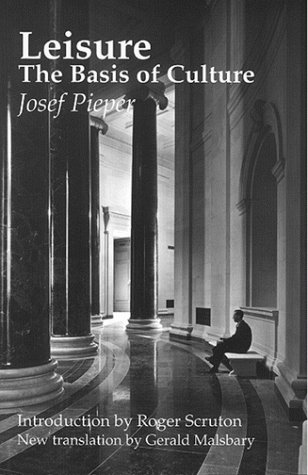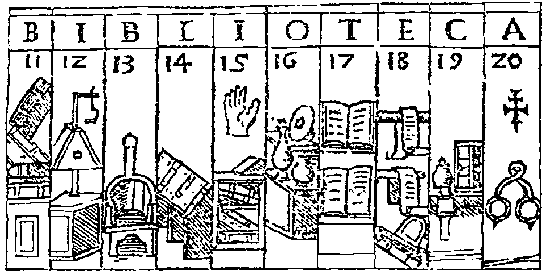Josef Pieper (1904-1997) – Il tempo libero è alla base della cultura (Musse und Kult and Was heisst Philosophieren – Leisure, the Basis of Culture). Lo diceva anche Aristotele: «si ritiene che la felicità risieda nel tempo libero, nell’occupazione studiosa».



«”We work in order to be at leisure.” […] Doesn’t this statement appear almost immoral to the man or woman of the world of “total work”? Is it not an attack on the basic principles of human society? Now I have not merely constructed a sentence to prove a point. The statement was actually made — by Aristotle [Nichomachean Ethics X, 7 (1177b4–6)]. Yes, Aristotle: the sober, industrious realist, and the fact that he said it, gives the statement special significance. What he says in a more literal translation would be: “We are not-at-leisure in order to be-at-leisure.” For the Greeks, “not-leisure” was the word for the world of everyday work; and not only to indicate its “hustle and bustle,” but the work itself. The Greek language had only this negative term for it (ά-σχολία), as did Latin (neg-otium).
The context not only of this sentence but also of another one from Aristotle’s Politics (stating that the “pivot” around which everything turns is leisure [Politics VII, 3 (1337b33)]) shows that these notions were not considered extraordinary, but only self-evident. […] Could this also imply that people in our day no longer have direct access to the original meaning of leisure?
Josef Pieper, Leisure, the Basis of Culture (1948), Translation by Gerald Malsbary of two linked studies, Musse und Kult and Was heisst Philosophieren? (both 1948). South Bend, Indiana: St. Augustine’s Press, 1998, pp. 4-5.
Josef Pieper (1904-1997) – La contemplazione preserva la verità, dando significato ad ogni atto pratico della vita.

